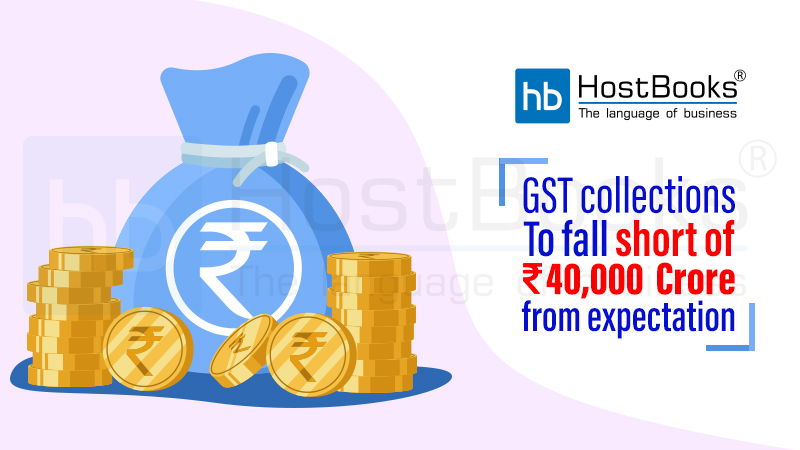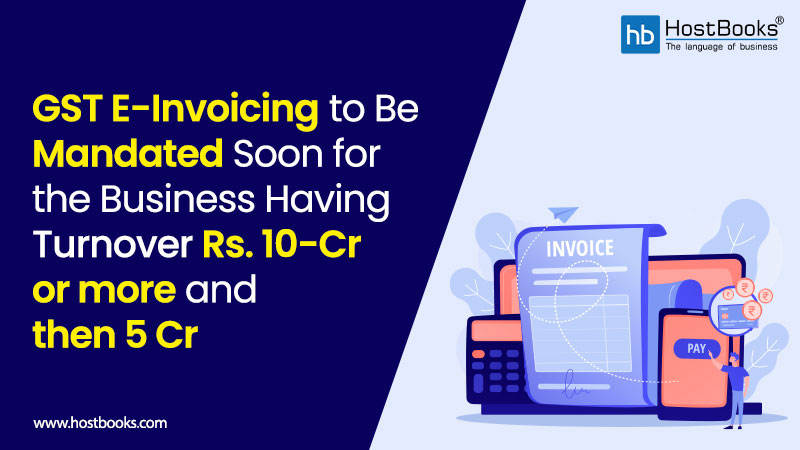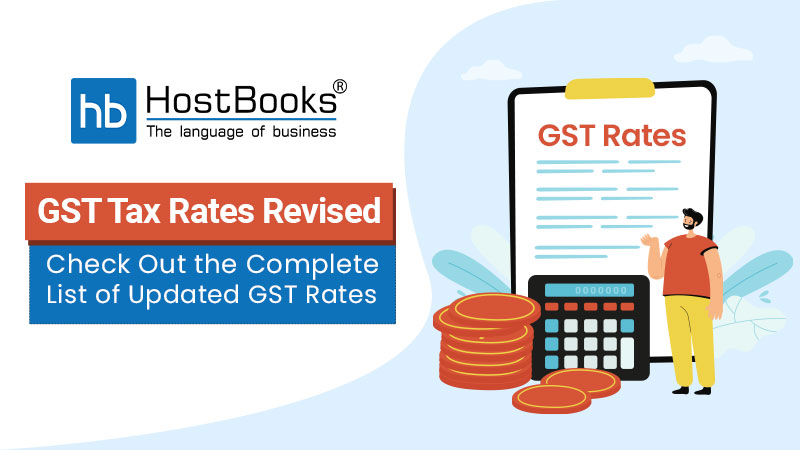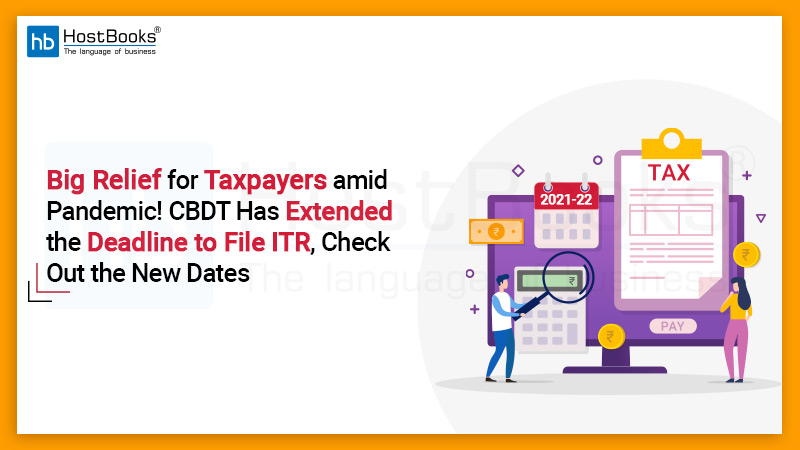GST Collections to Fall Short of ₹ 40,000 Crore from Expectation

Source: Times of India
The government is expecting to fall short of around ₹ 40,000 Crore in the Goods and Services Tax (GST) collections over what has been a budgetary projection for FY 2019-20. This could force the government to rethink about the compensation provided to states in case the tax growth falls below 14% during the year. The Centre has also informed the GST Council, which met in Goa for 37th GST Council meeting, about the shortfall amid the slowing economic growth.
However, most states are still optimistic that the government will come up with a solution to meet the compensation requirements. If not, the states might be forced to borrow from the market. Due to the combination of several factors, the economic growth has slowed in the country, and the latest data shows that GDP growth was at its six-year low of 5% in the April-June quarter which further hurts the possibilities for higher revenues.
If the annual increase in revenues falls below 14%, the Centre had agreed to provide compensation to the states for five years as part of the GST bargain. Under the GST Law, the payment of compensation flows from a fund where the cess is collected. In the financial year 2019-20, the Centre has estimated to collect ₹ 1 lakh Crore cess on sin and luxury goods which is about ₹ 8,000 Crore a month. However, the collection in August stood at ₹ 7,272 Crore which signalled a possibility of a lower than budgeted collection.
In the first four months of this fiscal, the Centre has released ₹ 45,784 Crore as compensation to the states. Besides, the states are also demanding that the compensation period be extended by another three years. The government expects the economic growth to pick up in the coming quarters and hence, rebound in revenue leading to robust GST collection. It is also taking strict measures to plug loopholes and eliminate false claims.

Try HostBooks
SuperApp Today
Create a free account to get access and start
creating something amazing right now!

















